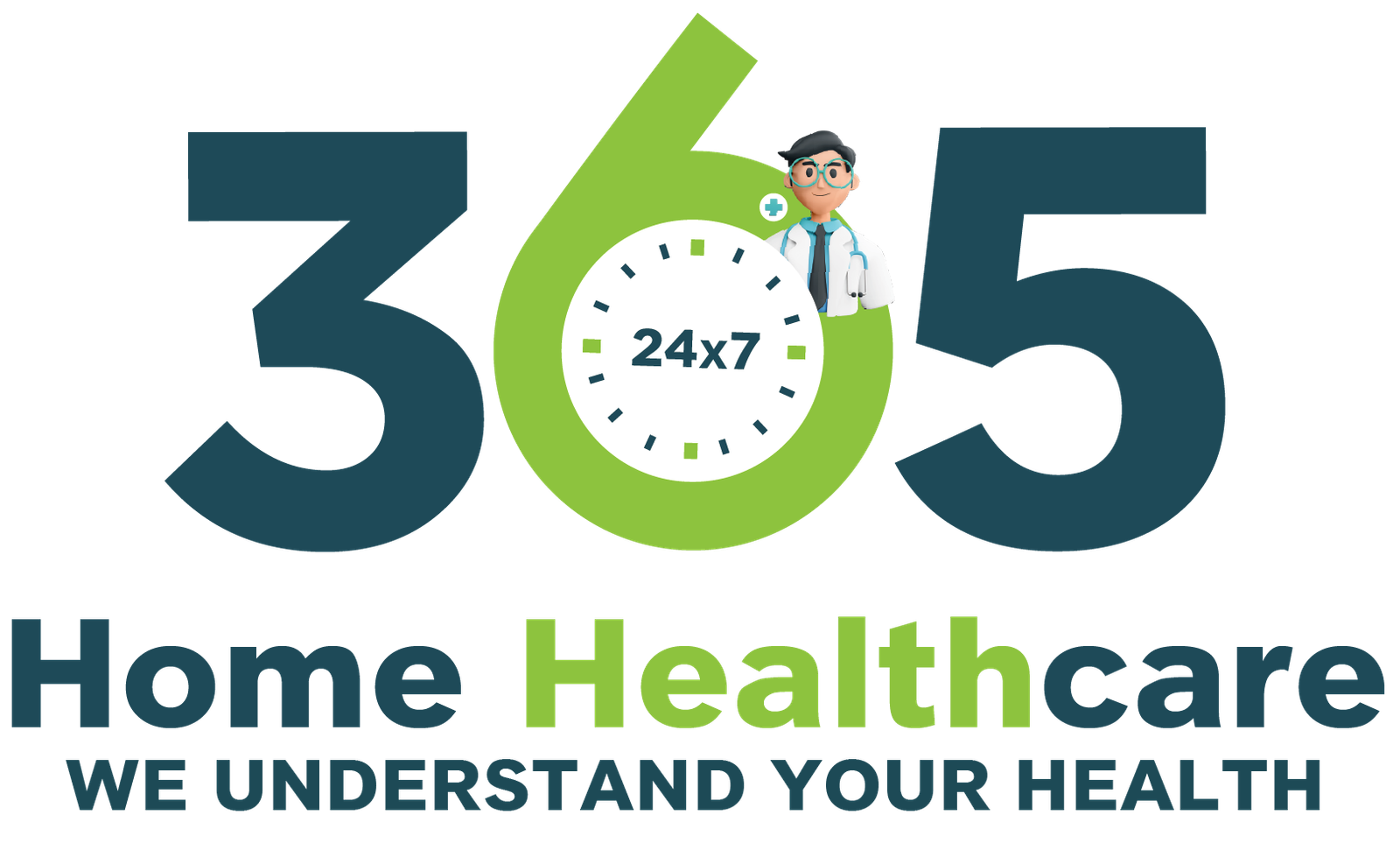The Future of Care: Top Benefits of Home Medical Services
In recent years, home medical services have emerged as a transformative approach to healthcare delivery. Driven by advancements in technology, an aging population, and a preference for personalized care, these services offer numerous benefits to patients and their families. As we look toward the future of care, it's clear that home medical services are more than just a convenience—they're a necessity. Here's a closer look at the top benefits of home medical services and why they are reshaping the healthcare landscape.
Personalized and Comprehensive Care
One of the most significant advantages of home medical services is the ability to provide personalized care tailored to each patient’s unique needs. Unlike the generic treatment often delivered in hospitals or clinics, home healthcare professionals can focus on individual preferences and conditions. This level of attention fosters trust and ensures that patients receive the most effective care possible.
For example, a home healthcare provider can design a treatment plan based on the patient’s daily routines, preferences, and environment. This personalized approach often leads to better patient outcomes and satisfaction.
Enhanced Comfort and Familiarity
Recovering or managing a chronic condition in the comfort of one’s home significantly boosts emotional well-being. Familiar surroundings can have a calming effect, reducing stress and anxiety that often accompany hospital stays. Patients are more likely to adhere to treatment plans when they feel at ease in their environment.
Moreover, family members can play an active role in caregiving, creating a supportive atmosphere that fosters quicker recovery and better management of health conditions.
Hospital stays and traditional medical visits can be expensive. Home medical services offer a cost-effective alternative, reducing the financial burden on patients and their families. By eliminating costs associated with hospital stays, transportation, and additional facility fees, home healthcare can make quality medical care accessible to more people.
Furthermore, home medical services often focus on preventive care, which can help avoid
costly emergency room visits and hospital readmissions.
Reduced Risk of Infections
Hospitals are often hotspots for infections, particularly for patients with weakened immune systems. Home medical services significantly lower the risk of exposure to hospital-acquired infections (HAIs). This is especially important for elderly patients, those undergoing post-surgical recovery, and individuals with chronic conditions.
By receiving care at home, patients can recover in a safer, more controlled environment, ensuring better overall health outcomes.
Better Management of Chronic Conditions
Chronic conditions like diabetes, hypertension, and heart disease require consistent monitoring and management. Home medical services provide patients with regular check-ups, medication management, and education on how to manage their conditions effectively. By addressing issues proactively, home healthcare can help prevent complications and improve quality of life.
Access to Specialized Care
Many home medical services offer specialized care, such as physical therapy, occupational therapy, wound care, and post-operative recovery programs. Patients can receive high-quality, specialized treatments without leaving their homes, making recovery more efficient and less stressful.
Additionally, telemedicine integration allows patients to consult with specialists remotely, ensuring they receive the best care possible without the need for long-distance travel.
Emotional Support for Patients and Families
The emotional impact of illness or recovery can be profound, not just for patients but also for their families. Home medical services provide emotional support through compassionate care and regular interaction. Healthcare professionals often act as a source of reassurance, offering guidance and assistance to both patients and their families.
Family members, too, benefit from the reduced stress of hospital visits and the ability to be
closely involved in the patient’s care.
Preparing for the Future of Care
As technology continues to advance, home medical services are becoming even more efficient and accessible. Innovations such as wearable health monitors, AI-powered diagnostic tools, and telemedicine platforms are revolutionizing how care is delivered. These advancements make it possible to monitor health conditions in real time, provide timely interventions, and enhance patient outcomes.
The integration of technology also ensures that home medical services remain a viable and sustainable solution for the future of healthcare.
Conclusion
The future of healthcare is shifting towards more personalized, patient-centered approaches, and home medical
services are at the forefront of this transformation. By offering personalized care, reducing costs, and enhancing comfort,
these services provide a practical and effective solution for patients and families alike.
Whether you’re recovering from surgery, managing a chronic condition, or seeking specialized care, home medical services offer
a pathway to better health and well-being. As we embrace this innovative approach, we’re not just redefining how care is
delivered—we’re improving lives.

